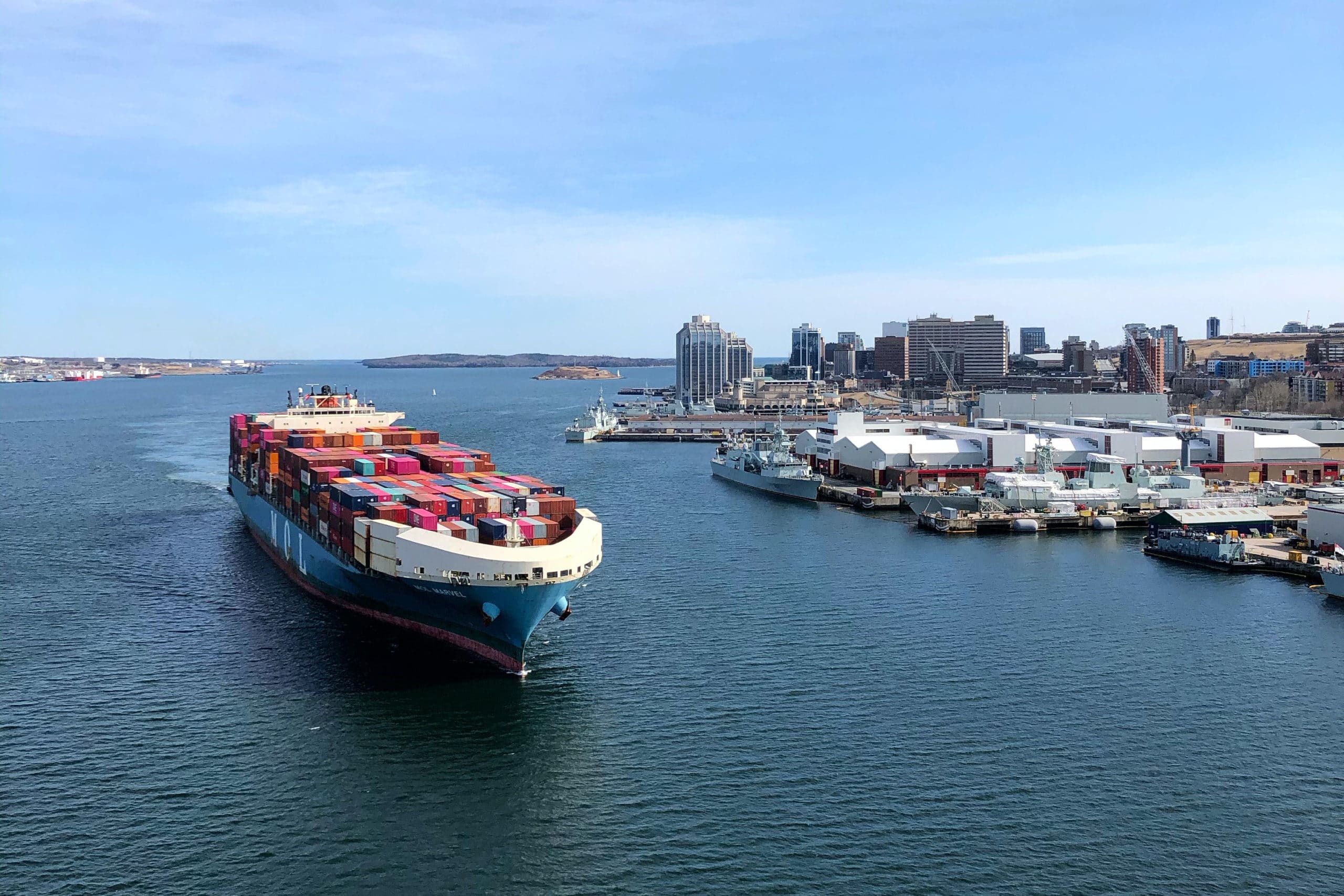When you are importing goods from overseas, there is always the potential for delay and frustration. And the most frustrating part is that most the delays can be avoided by taking a few upfront precautions. These are the most common import mistakes that we see being made.
Five Most Common Importing Mistakes
Organisation
There’s a lot to do when arranging imports and exports. There are various tasks that need to be dealt with. And a lack of organisation – or poor communication – can mean that certain steps of the process are missed. And that inevitably results in delays. So, planning ahead and clearly allocating responsibilities – who pays for what and when? Where is the freight coming from and going to? Will you or the supplier handle the freight company? What is your deadline and how will it be met? Who will record all of the cargo’s vital statistics? – can make a significant difference to the overall efficiency of your import experience.
Documentation
Import documents have the scope for so much frustration. While you might want to assume that everything has been filled in correctly at the point of origin, and that all documents are present, it’s easy for things to be missed. And this can cause no end of delay when it comes to customs clearance. Having systems in place – whether you have a person on the ground, work with a freight forwarder, or a verification agreement with your supplier – can help remove this issue. And all its associated angst.
Too many cooks
We mentioned the possibility of working with a freight forwarder above. And this can be a really good way of streamlining your import process and taking some of the pressure off yourself. But while working with a single freight forwarder can be a good thing, working with multiple logistics providers can needlessly complicate matters. Not all freight forwarders cover all locations. But in minimising the providers you work with, you’ll also minimise your paperwork, your contacts list, and your confusion.
Using the wrong HS code
Harmonised System (HS) Codes provide a standardised numerical method of classifying traded products. The system is administrated by the World Customs Organization (WCO) and you are required to apply the correct HS code to every product you import or export. If you use the wrong HS codes, you can not only find yourself paying unnecessarily high fees, but facing meaningful customs delays.
International payments
This is something that it can be really difficult to prepare for, unless you happen to have an established credit agreement with your suppliers. International bank transfers can take time. And most sellers won’t dispatch their goods until they have received payment. So, this is another area in which it pays to plan ahead.
Despite the gains being made in the fight against Covid-19, 2021 is still a pretty difficult time for importers and exporters. You have the new regulations to deal with following Brexit. Ongoing supply chain issues. And while the UK isn’t in recession, there is a lot of financial hardship out there. By taking steps to reduce delays and improve your import procedures, you can help protect your business against superfluous costs. And remove a lot of the stress and frustration from your working day.
Get in touch to find out how Plexus Freight can help improve your import logistics.


